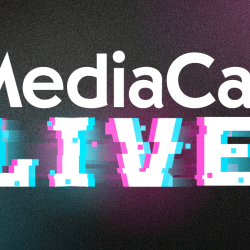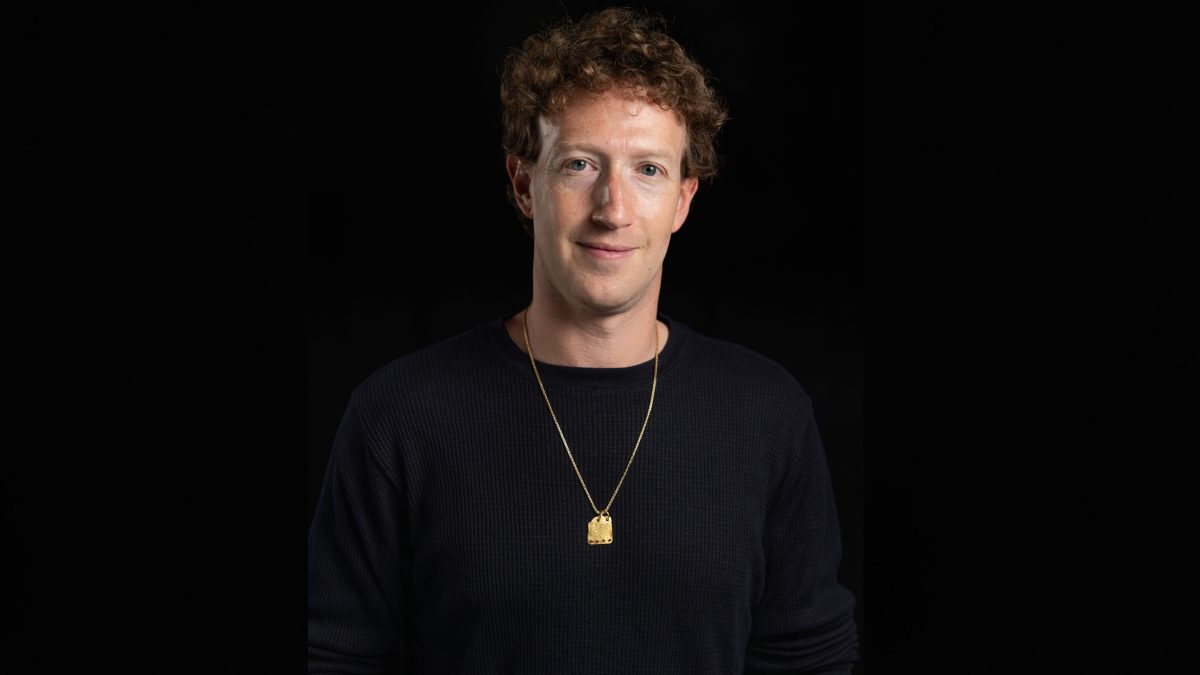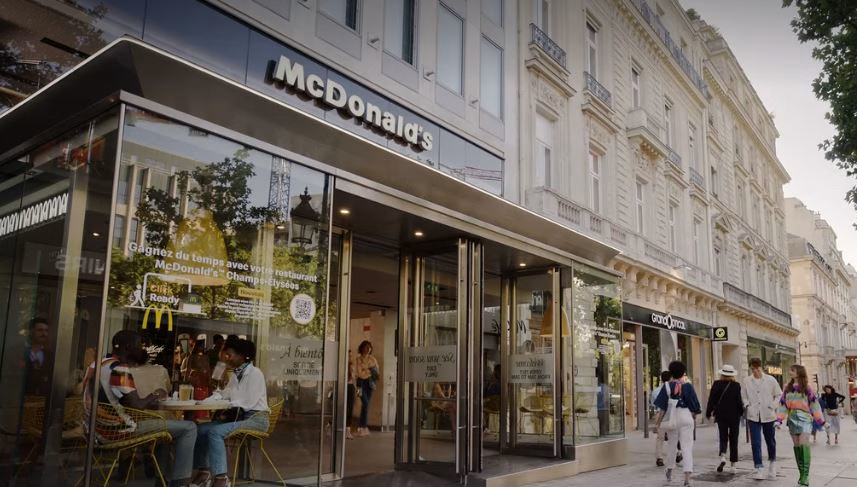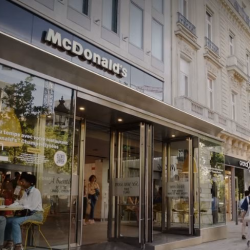Meta CEO Mark Zuckerberg promised analysts on Wednesday that his company would spend ‘hundreds of billions of dollars’ on AI infrastructure, and would fund the expenditure by putting those technological advances to work in advertising products.
During a Q4 2024 results call last night, Zuckerberg said this was going to be ‘a really big year’ for the company, as he expects Meta AI to become the leading AI assistant, and Llama to become one of the most advanced and widely used large language models.
‘These are all big investments — especially the hundreds of billions of dollars that we will invest in AI infrastructure over the long term’, said Zuckerberg, who added: ‘we’re planning to fund all this by at the same time investing aggressively in initiatives that use these AI advances to increase revenue growth.’
Given that approximately 98% of Meta’s revenue comes from advertising, it’s safe to assume what the nature of the bulk of those ‘initiatives’ will be.
Susan Li, Meta’s chief financial officer, hinted at advertising opportunities for Meta’s AI assistant, mentioning paid recommendations and a premium offering, but she added that the company was, for now, more focused on the user experience.
More immediately, Li said that the company was testing a new campaign creation flow, which means that advertisers will no longer have to choose between running a manual campaign — where they handle the targeting and optimisation — or an Advantage+ sales or app campaign — where Meta’s AI does all the grunt work to ensure ads are seen by the right people. Instead, all campaigns optimising for sales, or app or lead objectives, will have Advantage+ turned on at the outset, although advertisers will still be able to manually adjust settings, if required.
‘This is an area where we’re generally excited about, because we have seen, at least in our studies, that advertisers see meaningful gains in return on ad spend after they adopt Advantage+’, said Li.
Revenue from Advantage+ increased 70% in Q4, year on year, putting the AI tool on an annual run-rate of $20bn. And according to Li, more than 4 million advertisers now use at least one of Meta’s generative AI tools to make ads, up from 1 million in Q2.
Not everyone is excited about what this means for advertising, though. Today, UM McCann announced its new agency proposition, ‘Full Colour Media’, and a mission to stop brands from ‘sleepwalking into blandness’ by letting AI handle their marketing.
Still, Q4 looked like a strong one for Meta overall. The company beat analysts’ expectations by increasing revenue 20.6% year-on-year to $48.4bn, and net income by 48.7% to $20.8bn.
Meta’s share price rose a little over 2% off the back of the earnings call, signalling investors’ confidence in the company’s advertising business. Across all of Meta’s services total ad impressions served increased by 6% year-on-year in Q4, while the average price per ad rose 14%.
Nor did Meta’s decision earlier this month to abandon third-party fact checking on its platforms in the US — widely interpreted as an attempt to appease President Donald Trump — have any noticeable impact on advertiser spend, according to Li.
‘There’s been a lot of people who have read this announcement as if we somehow don’t care about adding context to things that are on our platform that are misinformation, that’s not right’, said Zuckerberg.
‘I actually think that the community notes system, like what X has had for a while, is actually just more effective than what we were doing before. And I think our product is going to get better because of it.’
Zuckerberg has been heavily criticised for aligning with Trump, but the Meta CEO doubled down on his praise for the president’s administration on the earnings call. ‘We now have a US administration that is proud of our leading companies, prioritises American technology winning, and that will defend our values and interests abroad’, he said. ‘And I’m optimistic about the progress and innovation that this can unlock.’
Featured image: Meta.com




























